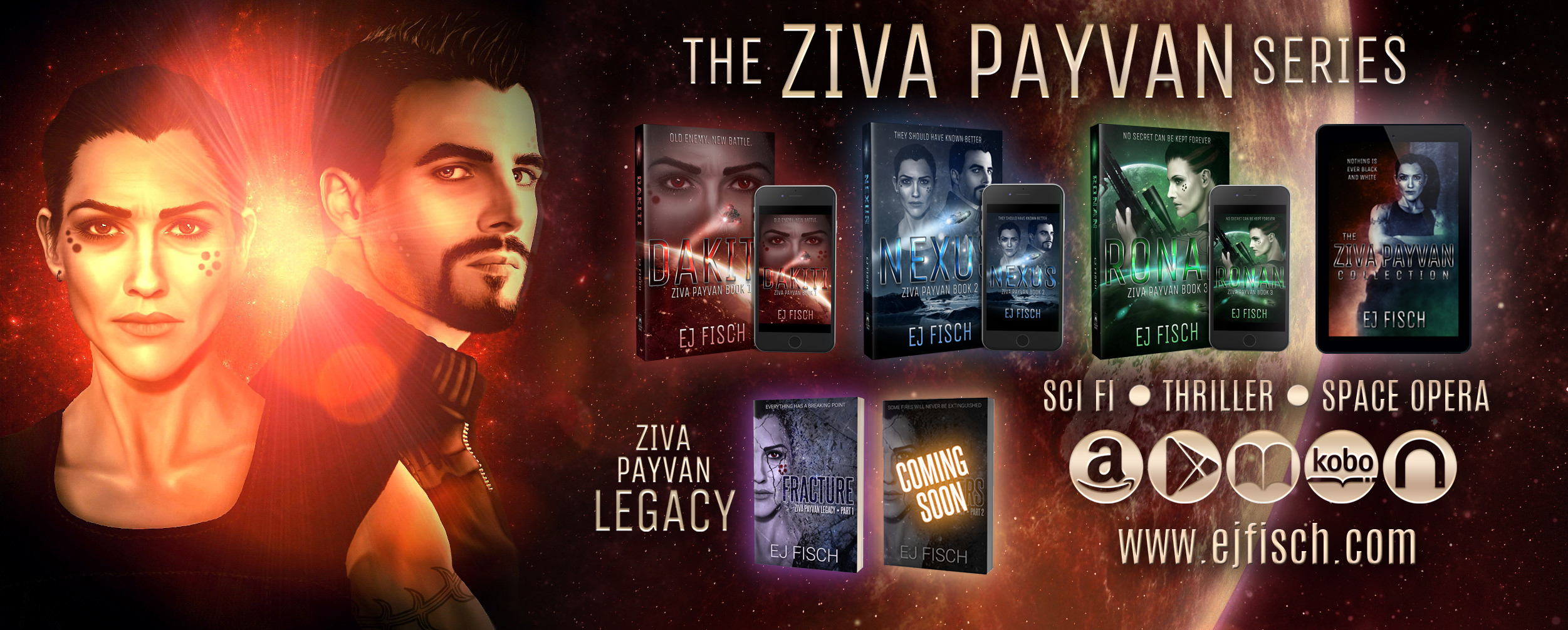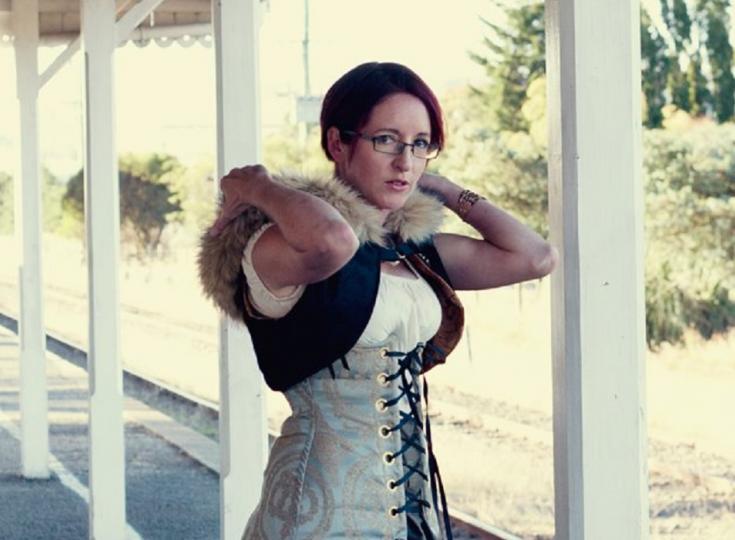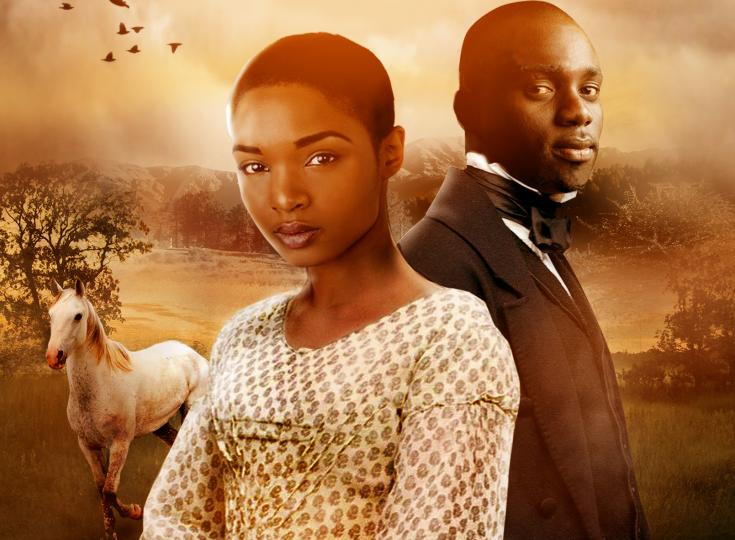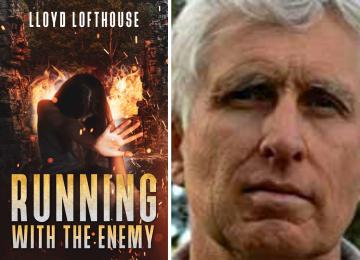EJ Fisch - Action-Packed Sci-Fi Adventure
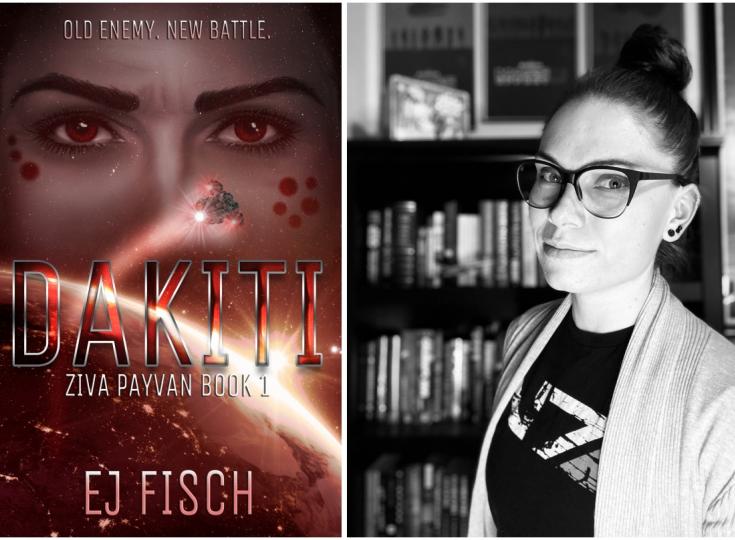
EJ Fisch is a long-time fan of the science fiction genre. She’ll readily admit that she has a vivid imagination, which can be both a blessing and a curse. She has been writing as a hobby since junior high and began publishing in the spring of 2014. When she’s not busy writing or working her day job as a data analyst in the medical field, she enjoys listening to music, working on concept art, reading, gaming, and spending time with her animals. She currently resides in southern Oregon with her family. As our Author of the Day, she tells us all about her book, Dakiti.
Please give us a short introduction to what Dakiti is about.
The entire Ziva Payvan series is character-driven space opera with kind of a spy/military thriller twist—there’s lots of action and intrigue, but it’s all happening in a fictional galaxy with a cast of superhuman characters.
Dakiti kicks things off and is, at its heart, the story of two people whose paths were never meant to cross. Enter Ziva Payvan, the series namesake character; she’s an elite operative with a trove of dark secrets who has become quite adept at ignoring her feelings and leaving the past in the past. When her latest mission requires her to team up with Aroska Tarbic—the brother of a man she killed under less-than-ideal circumstances a mere two years prior—her world is turned upside down. As one might expect, the resulting tensions between the two of them are high. But when a routine assignment reveals information leading to the discovery of a larger conspiracy, the two of them are forced to set their differences aside long enough to stop a sinister plot that could very well threaten their entire planet.
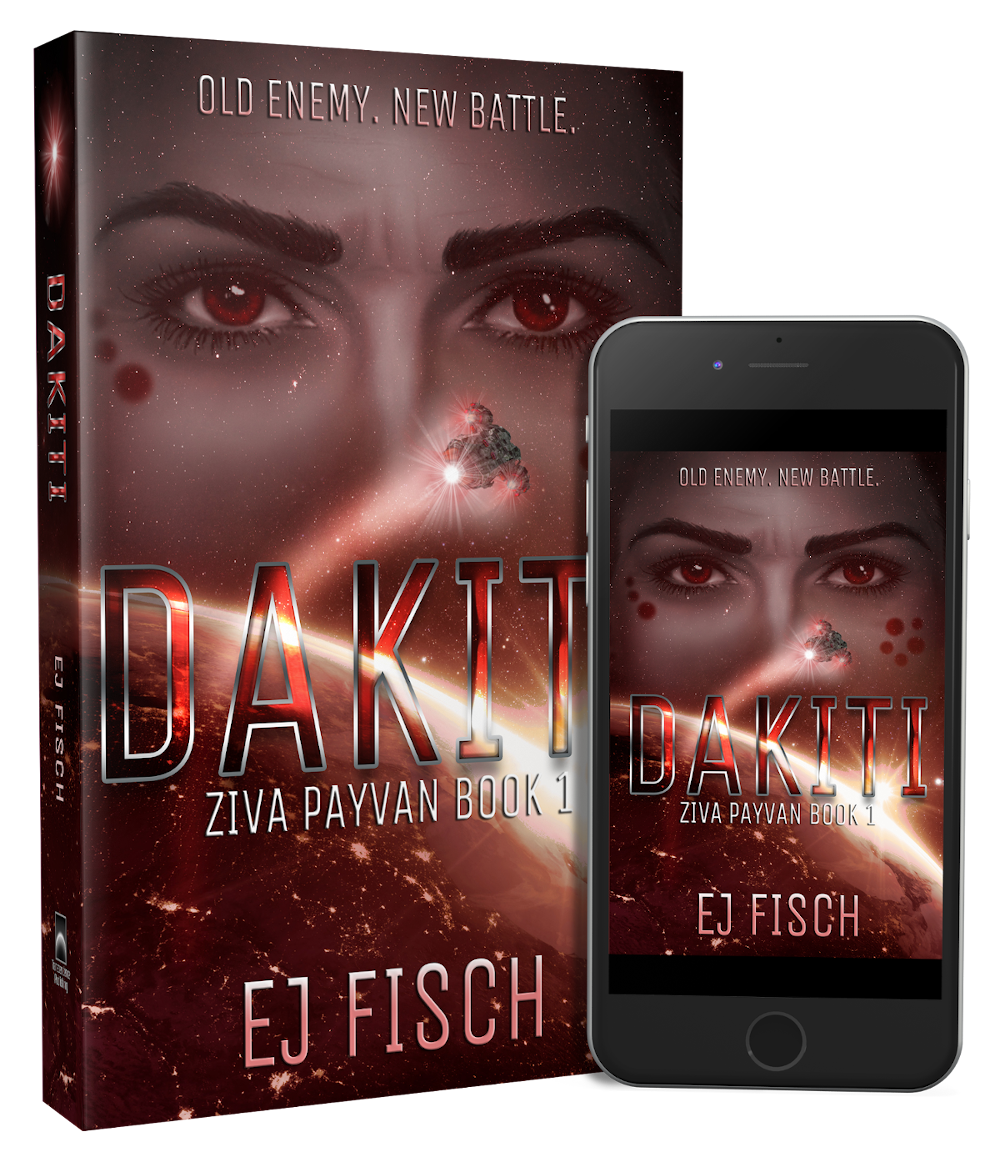
What inspired you to write this story? Was there anything in particular that made you want to tackle this?
I don’t know that there was any specific inspiration behind this project other than I had been writing a really goofy Star Wars fanfic with a couple of friends and wanted to try to tackle an original story on my own while sticking to a similar genre. I had started to develop some new characters and had scribbled out some little scenes and short stories starring them, but the story that would eventually become the Dakiti we know today was the first “full-length” project I attempted. I actually wrote the majority of it during high school, so at this point I don’t remember many of the details from well over a decade ago; a lot of it was a logistical nightmare and it underwent some pretty extensive revisions when I finally decided to aim for publishing a number of years later.
As far as inspirations behind the story itself, aside from Star Wars and similar space fantasy, I can still read through the book and recognize a lot of parallels with the type of TV shows I was watching back in the day. Things like NCIS, 24, Flashpoint, and The Unit all played heavily in the development of the atmosphere and structure.
Tell us more about Ziva Payvan. What makes her so special?
Ziva has always been an extremely complicated character to work with. She’s always been my precious original brainchild, but, as another character puts it in a later book, she is very much “an acquired taste,” both for other players in the story and for readers themselves. She maintains this callous outward persona, partially out of necessity being a spec ops agent and all, but also partially from a self-preservation standpoint—she’s very hesitant to let people get close to her. Thanks to the events of Dakiti and the following books, that outer shell starts to crack, giving us and the other characters glimpses of what’s underneath. She’s still very much a tough, stubborn, oft-apathetic woman, but it ends up being interesting to explore the reasoning behind why she is the way she is.
I’ve always loved antihero characters, and Ziva fits that bill perfectly. Writing them is tricky because you have to find a balance between the Dark Side and the Light Side, so to speak. More often than not, my characters—particularly Ziva—are the villains in someone else’s story simply due to the nature of their work. Any “heroic” outcomes are ultimately byproducts of their actions and weren’t necessarily the goal. And yet, they have certain principles, a sense of honor.
There are a lot of stories out there where the conflict between good and evil is pretty cut and dried. Star Wars is a decent example. But personally, rather than focus on a courageous young hero with a heart of gold like Luke Skywalker, I’m more interested in seeing what happens when a brooding, unsympathetic character like Han Solo is forced into a position of needing to do the right thing. There’s so much more to explore, and that’s one of the reasons I’ve had so much fun writing Ziva over the years.
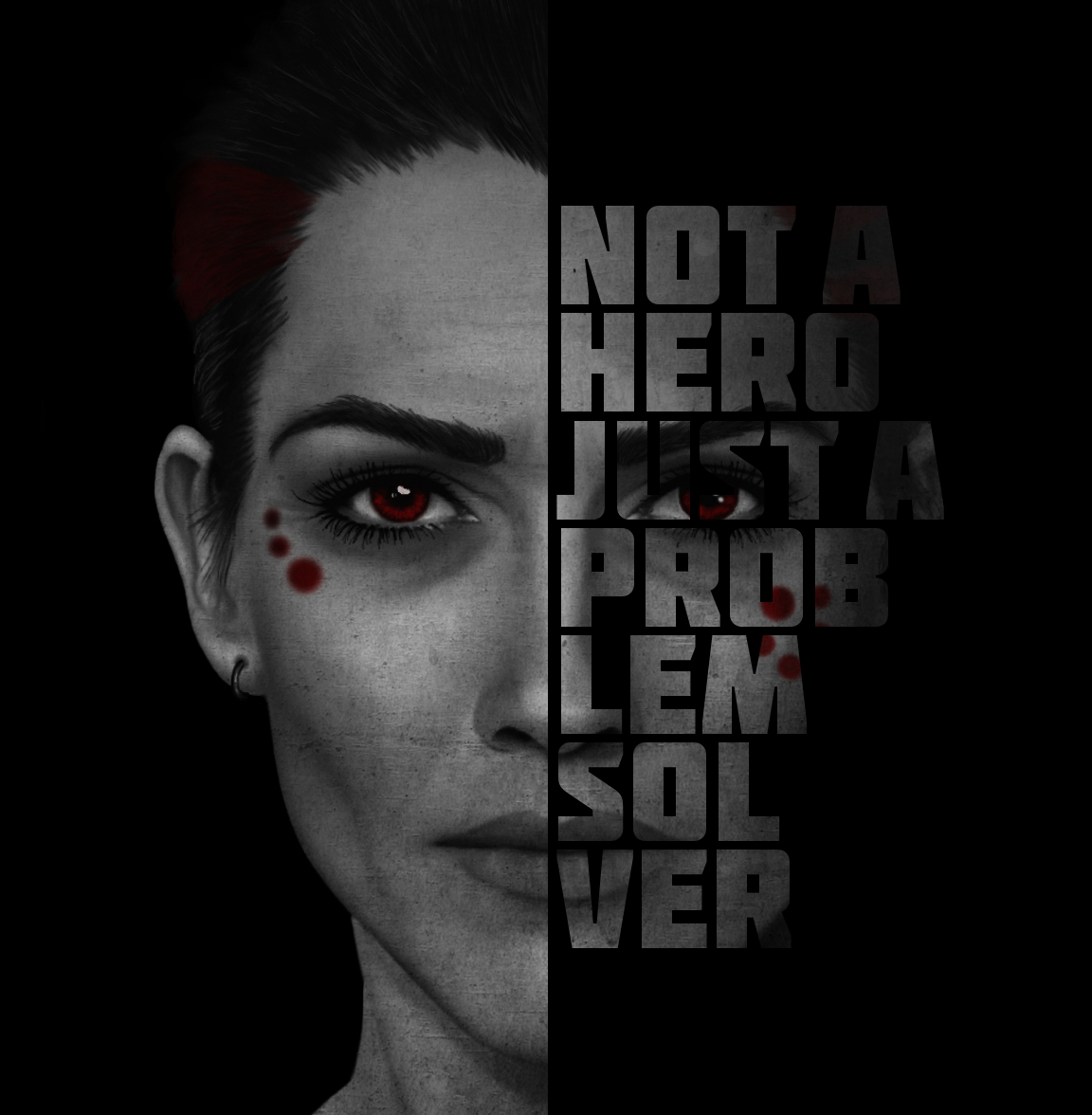
Who is Aroska Tarbic and what makes him tick?
Aroska is a complicated character in his own right, though in much different ways than Ziva. He’s a good guy at heart, but he’s still reeling from the loss of his brother as well as the even more recent loss of his former team. Needless to say, he’s been having kind of a rough go of it lately, and just when it feels like things are starting to look up for him, he gets thrust into this new mission led by a woman he’s been hoping to exact revenge upon for what she did to his brother. It doesn’t help that Ziva is consistently antagonistic and insensitive. Talk about trials and tribulations, right?
Creating him was tricky because I wanted to portray his intelligence and competency without downplaying the emotional turmoil he’s obviously been going through (and vice versa: portray the emotion without making him seem like a wimp). As angry as he is, once the story gets moving and the extent of the mission becomes clear, he’s also smart enough to know stopping this threat and saving his people outweighs these interpersonal issues he’s dealing with. He’s determined to be the bigger person in the situation and simply do his job to the best of his ability, almost out of spite (because let’s just say Ziva’s not the easiest person to get along with regardless of whether she killed one of your relatives).
Above all else, after everything he’s been through, Aroska is searching for a new purpose, a theme that kind of continues within his character development throughout the rest of the series. In Dakiti, he’s given a purpose all right, and it is most definitely not one he ever asked for. But it may just end up being one he’s always needed…
Why sci-fi? What drew you to the genre?
I started really getting into various forms of sci-fi when I was about 11. Star Wars and Jurassic Park were my obsessions in 5th grade. I think what really struck me was just the number of possibilities that are available in sci-fi settings. You can let your imagination run completely wild, hence the reason my author tagline is “Imagination at Work.”
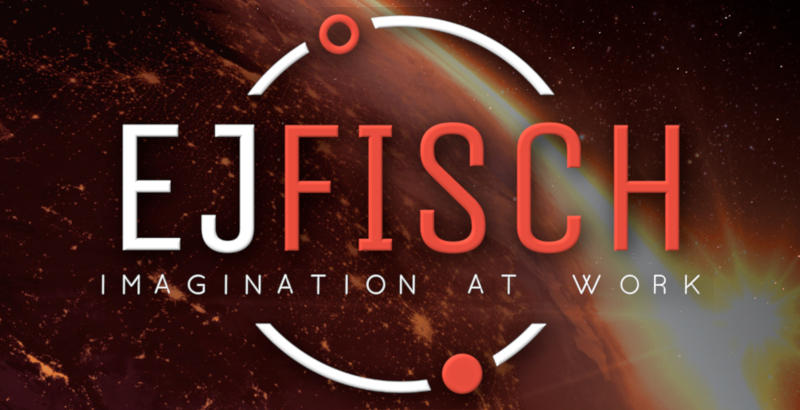
Depending on what sub-genre of sci-fi you’re working with, you’re not necessarily restricted to “Earth rules” either, which is one of the primary reasons I’ve gone the space opera / space fantasy route. You’ve got total freedom to make stuff up. Want main characters that aren’t quite human? Want to create exotic new locations with unique plants and animals? Want to make up new weapons, vehicles, and other technology we can so far only dream about in the present day? All of that is possible.
And they say write what you like to read, so my sci-fi always has a thriller twist because I’m a major action junkie as well.
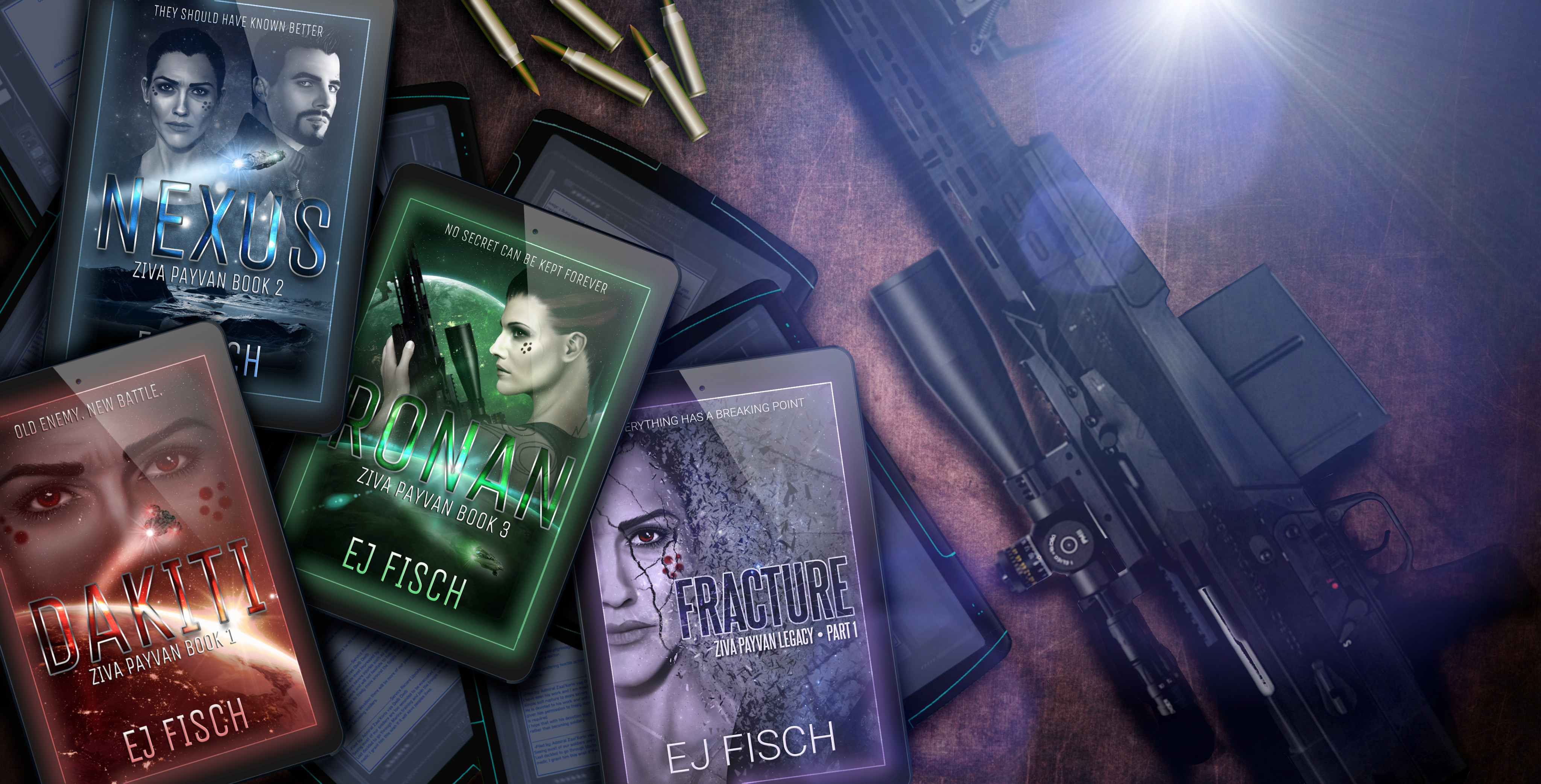
What did you have the most fun with when writing Dakiti?
As I mentioned before, I’m a huge sucker for antihero characters, so creating and developing a very antagonistic protagonist was a lot of fun for me. It definitely makes for an interesting dynamic in a character-driven story.
I won’t spoil anything, but one of the scenes in the book I had the most fun with is when the characters execute a HALO jump as part of the mission. It’s not a long scene, but I remember consulting one of my math-whiz friends (one of the ones I used to write SW fanfic with, actually) and trying to calculate how long the drop would last (how long to reach terminal velocity, etc.) so I could make it as realistic as possible. I’ve always loved that scene and it all has a very cinematic feel when I picture it in my head.
This book forms part of a series. Can it be read as a standalone? How do the other books tie in with this one?
Dakiti is the first book in the Ziva Payvan series, so it can definitely be read without any other prior knowledge about the characters and events. It and book two, Nexus, have standalone plots, and I think there are a few people out there who have read them out of order without much trouble, though there’d obviously be some character development and other secondary details that would get mixed up. Dakiti kicks the series off and introduces the characters and the conflict, while Nexus brings about some deeper development. The third book in the series, Ronan, ends up taking events from its two predecessors and really tying them together—I’m still so pleased with how the story structure turned out. Then there’s Fracture, the first book in the Ziva Payvan Legacy duology, which I’m considering sort of a collective sequel to the main trilogy.
Besides writing, what other secret skills do you have?
It’s not really a secret, but I’ve always been very artistic and have been interested in graphic design, so I do all of my own cover, concept, and promotional art. Being able to do these things myself saves me a chunk of money, but it also means I get to execute everything exactly the way I want.
I make a mean pie, although my berry ones could use some work because the filling always turns out too runny (still tastes good, at least!). I like to get wild with my crust designs—I always share them on Twitter, so be sure to tune in! I’m also pro at bringing all the groceries in from the car in a single trip, and I have a weird knack for watching a movie and correctly guessing who composed the musical score without looking it up (okay so this has happened maybe five times). I can also apply mascara with my mouth closed 😉
You also work as a data analyst in the medical field - how has this influenced your writing?
I’m not sure if my day job has really had any direct influence on my writing, aside from taking time away from it.
I joke, I joke. In all seriousness, I’m very grateful to have a stable career that I don’t dread waking up to every day, especially because I don’t think I’d want to write full-time even if I was given the opportunity. My brain just doesn’t work that way, and I think I’d go crazy.
Aside from a couple instances of drawing on some of my technical, data-related knowledge in order to incorporate correct terminology in my books, my day job serves as more of a support network than anything else. I have posters of all my book covers on my office wall that have elicited numerous questions and conversations about the books themselves over the years. Several coworkers, including the CEO and COO, have read the series and will sometimes ask me when the next book is coming out. Even people who don’t like reading or don’t like sci-fi have still told me they think it’s neat that I write. It feels good to still have that connection to the stories even when I’m at work and not actually writing.
Are you a plotter or a pantser? Do you know how your books will end when you start writing them?
I’ve given pantsing my best shot, and I really should have known better because I’m a person who requires a lot of structure and planning before diving into something. I always have a very broad idea of how events are going to play out—including how the story will end—before I begin a new project, but plotting more thoroughly and creating a detailed outline allows me to make sort of a roadmap for myself. When you’re four books deep in a series, there are also a number of continuity details to deal with, so I like to make lots of notes to ensure I don’t forget to include something. I think my outlines have gotten progressively more meticulous from book to book, which isn’t surprising. I’ll go so far as to have a high-level outline for each individual chapter and then will often insert more details as I go.
What are you working on right now?
I’m currently drafting Embers, book two of the Ziva Payvan Legacy duology and book five of the overall series. I keep getting emotional while working on it because it’s building off the previous four books’ worth of character development. My plan is that it will have a definite ending but still be left open enough that I can revisit this world and these characters sometime in the future.
I’ve also got a couple of ideas for upcoming stories that are slowly solidifying. The first one would be set in the same universe as the rest of my books (the galaxy is a big place!) and might mention some familiar locations or events but would otherwise be an original story with new characters. My other idea was actually going to take place here in a far-future version of our galaxy, but it just struck me the other day that I could also set it in my fictional galaxy, and I think that’s the route I’ll end up going.
Where can our readers discover more of your work or interact with you?
You can find just about anything you'd want or need to know about me and my work on my website at www.ejfisch.com. I’ve got excerpts from each of the books, concept and character art, you name it.
You can also find me on all the major social media platforms, though I’m most active on Twitter these days. I’m always up for chatting with readers and other writers about my work or writing craft in general…or about video games, or cats, or movies, etc. I hope to see you around!
Email: [email protected]
